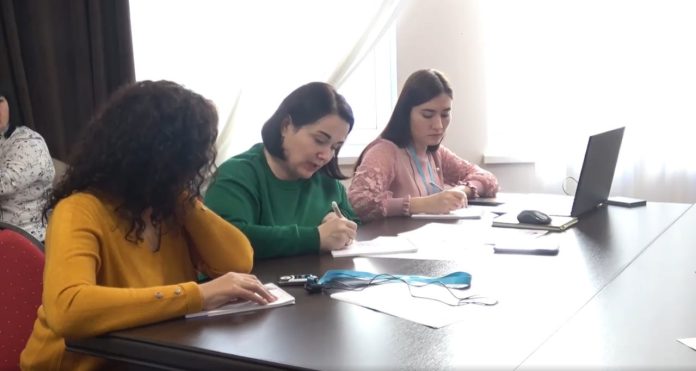Social entrepreneurship is developing more and more on the left side of the Dniester. In this sense, the Association of Social Entrepreneurs from Tiraspol was created, which aims to support entrepreneurs who want to solve society’s problems through the businesses they launch.
Even though this branch of entrepreneurship is gaining momentum, entrepreneurs face numerous challenges. According to the president of the Association of Social Entrepreneurs from Tiraspol, Inna Barisnicova, one of the biggest challenges is the lack of a legal framework for social entrepreneurs.
In this context, the primary purpose of the Social Business Hub is to support the development of social entrepreneurship by providing legal advice for them.
“One of our goals is to offer social entrepreneurs those tools, articles of law, through which they can benefit from special status and improve their work”, Inna Barisnicova mentions.
Also, the association aims to promote this business model among classic entrepreneurs. Thus, they are informed about how they can become social entrepreneurs.
Another challenge that social entrepreneurs face is the lack of skills to develop a business. In this context, various pieces of training are offered to develop the necessary business skills.
Competition is another impediment that social entrepreneurs have to overcome.
“We encourage social entrepreneurs to experiment, find their niche customers, and provide the market with products that are in demand. We also encourage people to buy products and use the services of social entrepreneurs,” says Inna Barisnicova.
FOR THE MOST IMPORTANT NEWS, FOLLOW US ON FACEBOOK!
This material was produced with the financial support of the European Union and Sweden. Its content is the exclusive responsibility of the project “We capitalize on the potential of civil society for the promotion and development of social entrepreneurship in the Republic of Moldova”, financed by the European Union and co-financed by Sweden, carried out by the East European Foundation in partnership with the Contact Center and Keystone Moldova. The content of the material belongs to the authors and does not necessarily reflect the view of the European Union.


